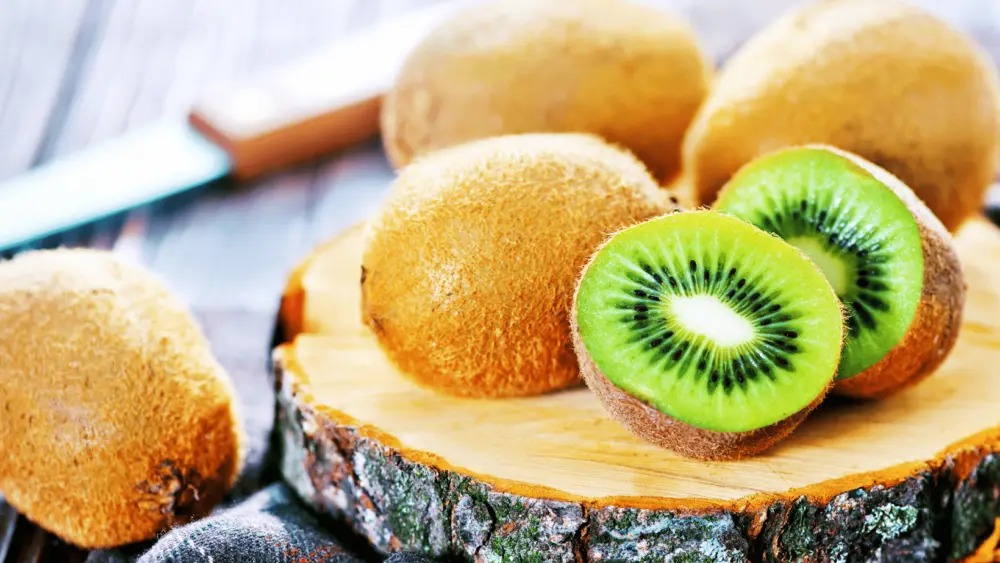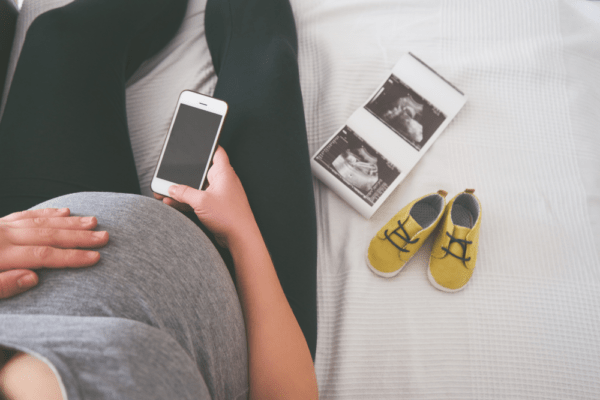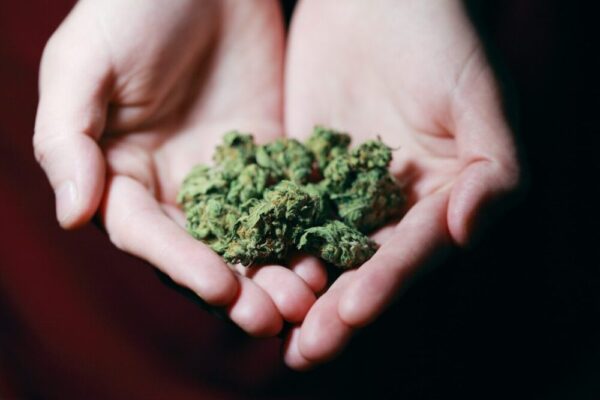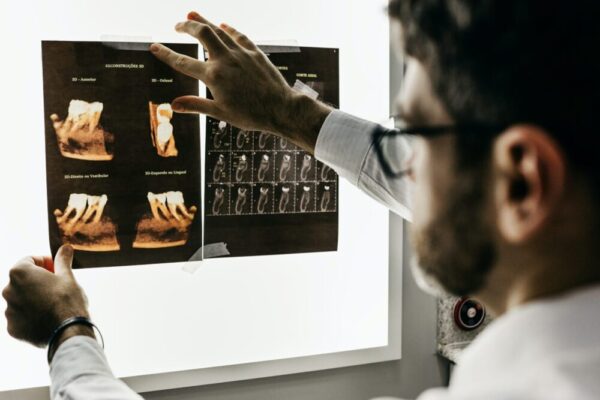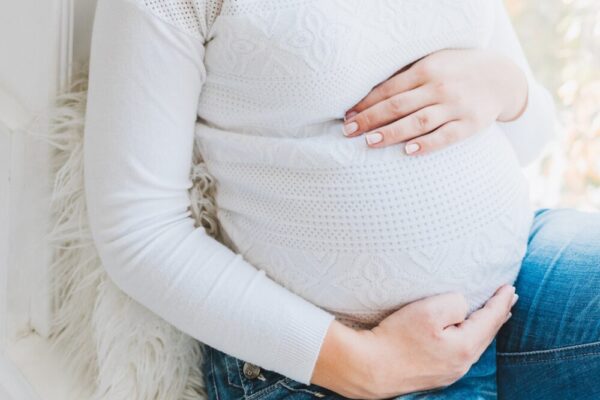Fatty liver disease is caused by consuming too much alcohol, but there is precisely more than one reason. One might be suffering from a non-alcoholic fatty liver also, and the condition might be genetic again.
So, when the word genetic is mentioned, it is probably connected with your mother’s womb. Many sources and science have backed saying that whatever our mothers eat during their pregnancy affects us ultimately, which is technically correct.
Medical News Today says that, If a mother had a high-fat diet during her pregnancy phase, it is a more likely possibility for the child to suffer from obesity during his/her childhood days or adulthood. Also, there is always the possibility of developing non-fatty liver disease in the offspring as he/she grows up to be an adult.
Hence, people who do not indulge in alcoholic beverages in their everyday life or occasionally could suffer from fatty liver disease, which is why it is known as Non-Alcoholic Fatty Liver Disease. There is a need to indulge in a restricted diet when it concerns your liver, and you need to do much more than perform physical activity to reduce belly fat when the root cause of it is your liver.
Kiwi and Papaya have always been known best for improving liver health and preventing diseases like fatty liver, even if they are genetic.
In one of the studies published in the journal Hepatology Communications and lead by an associate professor of anesthesiology at the University of Colorado Anschutz Medical Campus in Aurora, CO—Karen Jonscher, along with the colleagues, proved a hypothesis that mentioned a compound found in Kiwi that can reduce Non-alcoholic Fatty Liver Disease in a person.
The researchers aimed to focus on what fundamental factors contribute to non-alcoholic fatty liver disease during the study. The study researcher mentioned that apart from high cholesterol levels, high triglyceride, and high blood pressure, another essential key element is NAFLD (non-alcoholic fatty liver disease).
The Research: How does a mother’s diet during pregnancy affect her child at a later age?
The research’s main aim focused on finding out how a mother’s diet during her pregnancy could be problematic for the child as he/she grows up and steps into adulthood. It is not just the eating and living factor during adulthood, but what our mothers consumed during pregnancy could be one of the crucial reasons behind the nonalcoholic fatty liver disease.
Researchers of the study observed and reported that when exposed to “maternal obesity” in the uterus, an infant could suffer from a long-lasting disruption of the immune system and inflammation markers in the bloodstream. Not only it affects the immune system, but it also influences the gut bacterial health too.
The study experts found out that Kiwi and Papaya contain a compound in them—pyrroloquinoline quinone (PQQ), which can reduce nonalcoholic fatty liver in an individual. The study showed that the mice model in the research who were pregnant and obese during the phase was given PQQ supplementation, which showed a reduced fat accumulation in the liver.
The researchers meant to determine if this same mechanism in the mice would help humans, too, as the PQQ compound is available in plant-based foods like Kiwi and human breast milk again.
The Concluding Word
Karen Jonscher, along with his research team, fed all the pregnant mice models with a high-fat diet and another group of pregnant mice with a controlled diet. When the offsprings were born, the researchers observed that the offsprings of mice who were fed a high-fat diet had 56 percent more weight compared to offsprings born of mice fed with a regular diet.
Also, the experts analyzed that a high-fat diet caused changes in the gut bacteria and the development of the inflammatory nonalcoholic fatty liver disease. But when these pregnant mice were given PQQ supplements like Kiwi and a high-fat diet, it improved and reversed the gut bacteria changes that could lead to inflammation and fatty liver.
The researchers said that although this study has not been tested on humans, it could be safer to say that PQQ supplement might help an individual and reverse the damage caused during infancy due to their mother’s high-fat diet leading to fatty liver disease.
